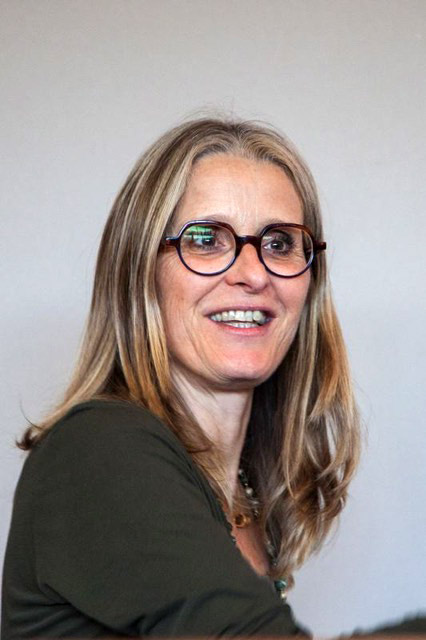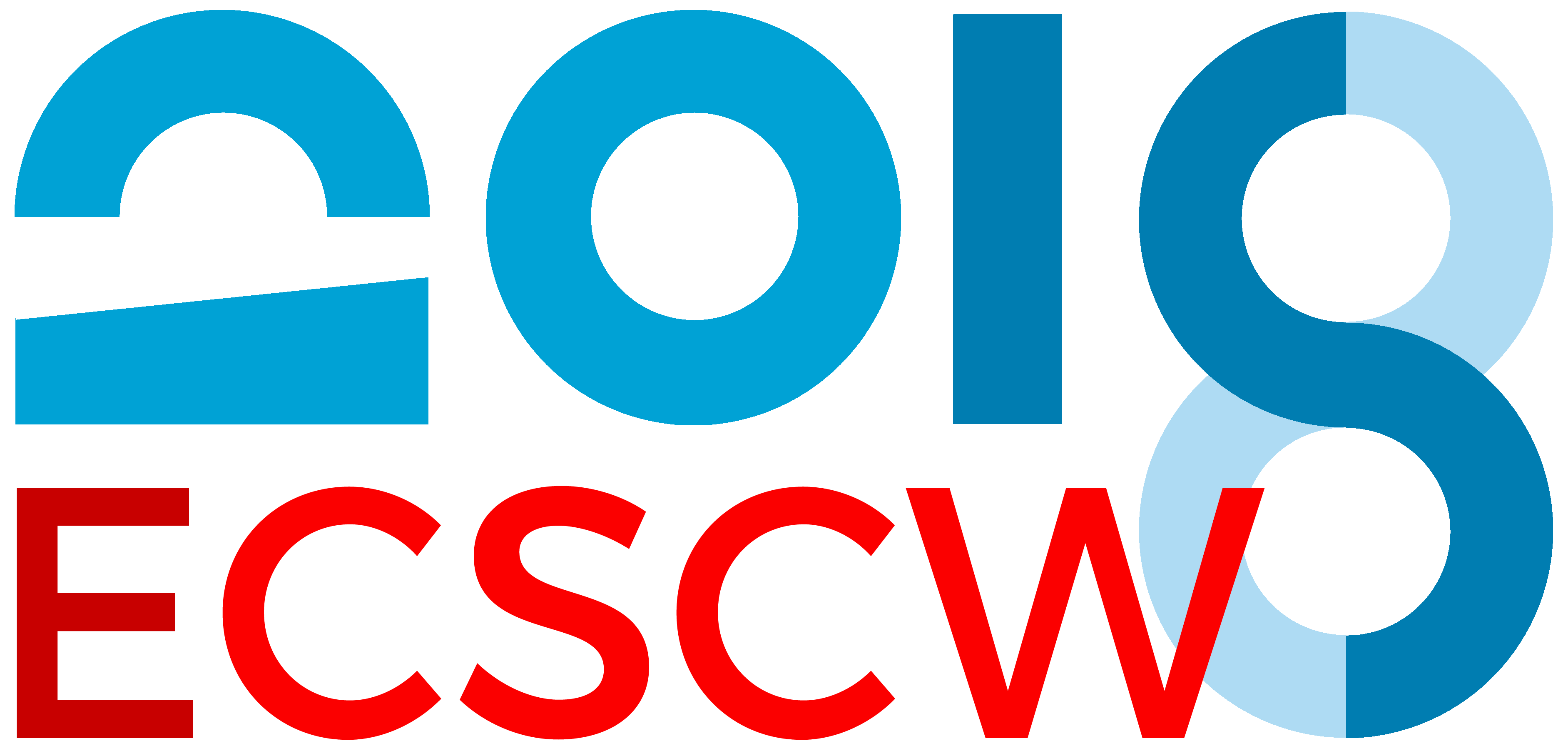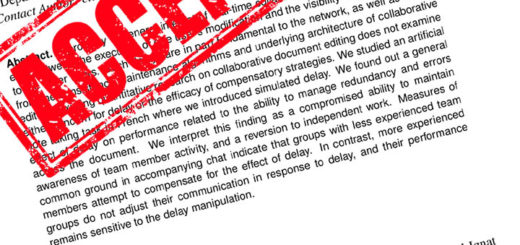Keynote: “USNB – Enabling Universal Online Social Interactions” by Valérie Issarny (Inria@SiliconValley)
Valérie Issarny, Inria@SiliconValley
Valérie Issarny holds a “Director of research” position at Inria, the French institute for research in Information and Communication Science and Technologies, where she led the ARLES research team until 2013, investigating distributed software systems leveraging wirelessly networked devices, with a special emphasis on service-oriented systems.

Valérie in particular studies middleware solutions easing the development of distributed collaborative services, including mobile services deployed over smartphones and interacting with sensors and actuators. Since summer 2013, Valérie is the scientific coordinator of the Inria@SiliconValley International Lab promoting and fostering collaboration between Inria and California universities. She is also coordinating the Inria CityLab program dedicated to smart cities and promoting citizen engagement; the program is developed in collaboration with CITRIS at University of California Berkeley and targets urban-scale experiment in Paris and California cities. Ongoing projects include Ambiciti on urban pollution monitoring through participatory sensing and crowd sourcing, and SocialBus on a middleware solution enabling interactions across social media to support democratic assembly and collective actions.
USNB – Enabling Universal Online Social Interactions
This talk presents joint work with Rafael Angarita and Nikolaos Georgantas
Online social network services (OSNS) have become an integral part of our daily lives. At the same time, the aggressive market competition has led to the emergence of multiple competing siloed OSNSs that cannot interoperate. As a consequence, people face the burden of creating and managing multiple OSNS accounts, and learning how to use them, to stay connected. In this talk, I will present our research toward relieving users from such a burden through the introduction of a global online social network that allows people to interact using their favorite (siloed) OSNS. Our research builds upon our background on middleware-based interoperability solutions, which need to be revisited for the specific context of « social interoperability ».
The first part of the talk will concentrate on our contributions so far, which span: (1) a formal model to reason about the OSNS interoperability problem; (2) an implementation of a “Universal OSNS” that builds upon the proposed model; and (3) a preliminary experimental evaluation involving 50 participants where results show that people are positive about the solution as they are able to reach out a larger community of users.
The talk will then conclude with ongoing and future research directions. They all relate to the broad and ambitious question of how software systems may enable participatory democracy, that is, the participation of citizens in democratic assembly, action, and governance.






